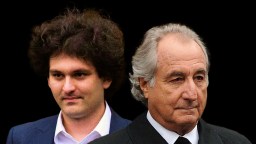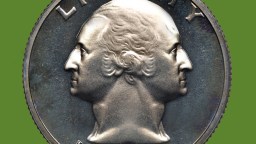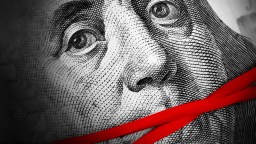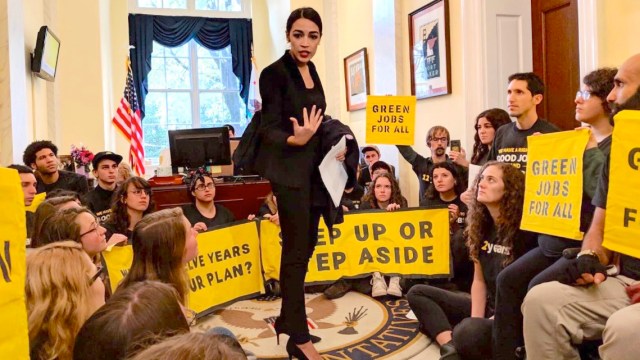Gamblers predicted Brexit before traders or experts
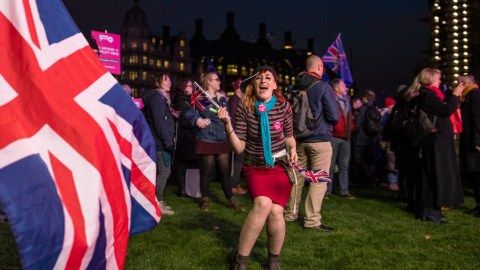
Dan Kitwood/Getty Images
- A new study finds that gamblers reacted more quickly to news on Brexit than currency traders.
- On the night of the referendum, gamblers and odds makers figured out what would happen hours before traders, experts, and the BBC.
- The results are bad news for the idea that markets are perfectly efficient.
Sometimes experts are wrong. This statement will shock some people and strike others as obvious. If we can’t turn to experts, who can we turn to for information? If a new study published in the International Journal of Forecasting is correct, gamblers might be useful, at least if you’re trying to predict paradigm-breaking election results.
How gamblers predicted Brexit when experts couldn’t
The 2016 Brexit referendum took the world by surprise. Most polls before the election gave Remain a slight edge and gambling houses gave Leave bad odds. Nobody really thought the British would vote to leave the EU.
During the vote, currency markets kept their eye on the changing estimate of the outcome and reacted violently when it became clear that a Leave win was likely. However, a new study out of Cambridge suggests that gamblers figured out what was going to happen an hour before the currency markets did, leading to a window where the difference between the betting market and FX markets got as high as 7%.
The authors built a retrospective forecasting model using information that was publicly available before the election and then fed the information that became available during the referendum into it. They concluded that “using data publicly available at the time we show that the financial markets were very inefficient, and should have predicted Brexit possibly over two hours before they actually did.”
It should be noted that the gamblers weren’t perfect either – they took longer than they should have to switch from having their money on Remain to putting it on Leave, but they did do it faster than the currency markets. It seems nobody is perfectly safe from bias in decision making.
While this is interesting and all, how can I use this information?
Firstly, this study gives another example of the well-known phenomenon of the “wisdom of crowds”. This is the idea that groups of individuals can reach conclusions that are more accurate than those of any one member of the group. It was famously noted by the English thinker Francis Galton who tells us about a time when the average guess of a crowd at a county fair trying to guess the weight of an ox was more accurate than any single estimate.
In the Brexit case, while large bets were placed on both sides throughout the early morning hours, the bets and odds started to get closer to the right answer hours before the election experts at the BBC called the election for Leave.
Secondly, it shows that the markets aren’t perfect. While this isn’t news to most people, some find this fact to be utterly shocking, as it contradicts the ‘efficient market hypothesis‘ which postulates that markets display all currently available information. This has many implications, including that it is impossible to beat the market over the long run.
However, since both currency and betting markets were sluggish to react to publicly available information, this study suggests that the efficient market hypothesis is mistaken or at least subject to more than a few constraints. This stance isn’t new; Warren Buffet has explained why he thinks the idea is mistaken, but it does give more empirical evidence to people on his side. The real finding here is that betting markets were better able to make use of the publicly available information than were financial institutions.
The authors suggest that betting markets could be used to predict the results of a second referendum on Brexit if one is held. They also note that the markets could stand to learn a few lessons from the money they lost from the inefficiencies on the night of the first vote, saying:“If there is a second referendum, the vote should be better understood by markets — in line with a theoretical concept called the adaptive markets hypothesis. Studies such as ours will mean that market participants will be primed to profit from any possible opportunities and inefficiencies.”
So, should you turn to your bookie rather than an expert the next time you aren’t sure about something? Probably not, but the findings of this study show that sometimes experts and systems designed to know as much as possible can make mistakes that others don’t make. Remember that next time somebody tells you they’re sure about how the future will turn out.
